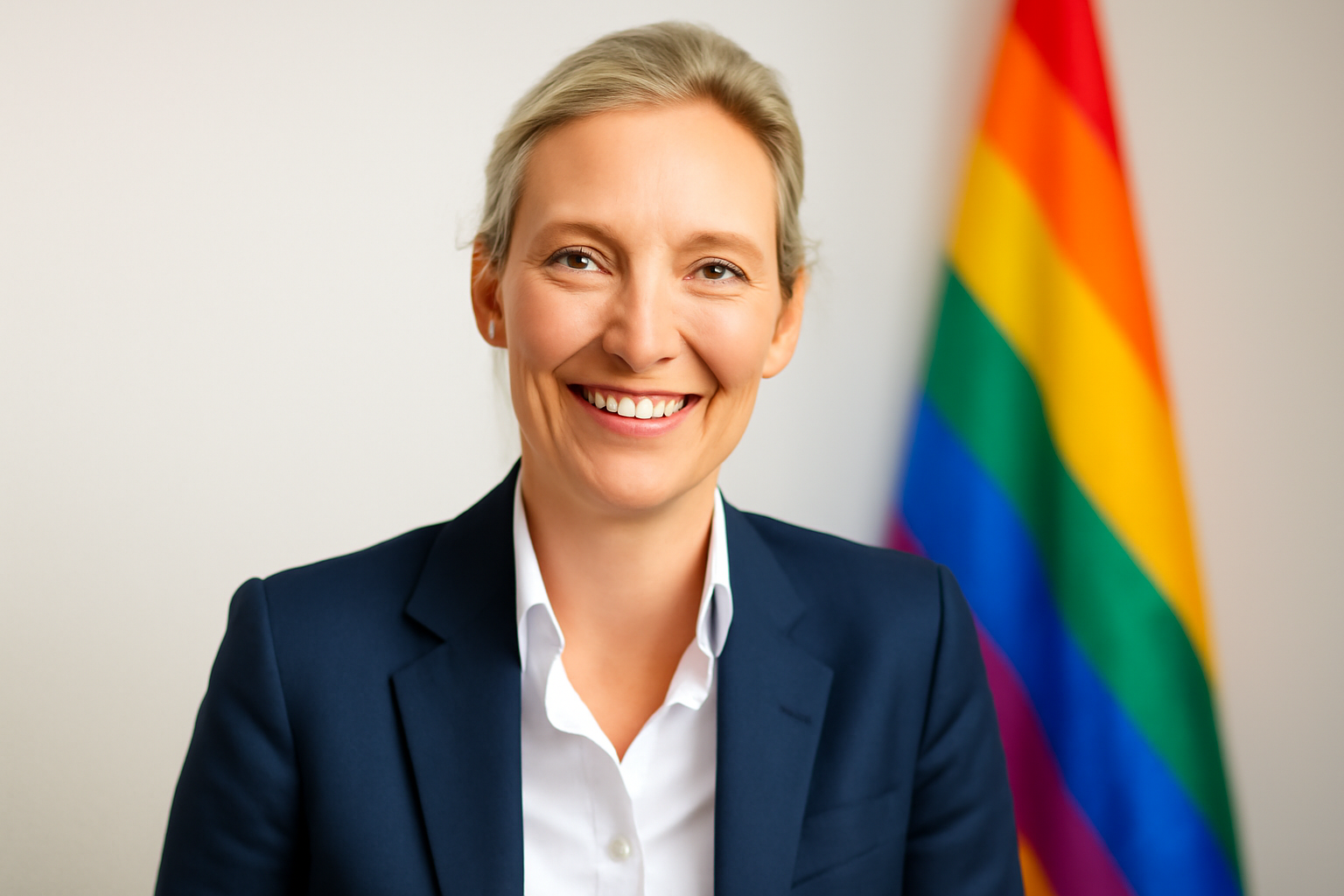
Germany recently witnessed a significant political development with the federal elections, which saw the conservative Christian Democrats (CDU) alongside their Bavarian sister party, the Christian Social Union (CSU), secure a victory, setting the stage for a coalition government. However, the unexpected rise of the Alternative for Germany (AfD), a far-right party, has raised eyebrows as it emerged as the country's second-largest political force.
The AfD's performance in the elections marks a historic moment since World War Two, being the first far-right party to achieve such standing in a national German election. Despite this, it remains doubtful that they will participate in forming the new government.
Central to the AfD's campaign are themes surrounding immigration, violent crime, and rising energy costs, all tied to the party's advocacy for "traditional family values." Founded in 2013 during the aftermath of the 2008 financial crisis, the AfD shifted its focus from economic issues to migration concerns, particularly in response to Germany's acceptance of over a million asylum seekers in 2015. Over the years, the party's support has surged, now spearheaded by a surprising figure: Alice Weidel, a lesbian woman raising two sons with her girlfriend.
Alice Weidel's Political Journey
Alice Weidel entered the political arena by joining the AfD in October 2013, initially drawn to the party by her opposition to the Euro. Her influence within the party has grown since then. By 2015, she had been elected to the AfD’s federal executive committee and has led the party’s parliamentary group in the Bundestag since 2017.
In 2022, Weidel reached a historic milestone by becoming the first lesbian to co-chair the AfD, alongside Tino Chrupalla. Her leadership is underscored by a complex personal history, as her grandfather, Hans Weidel, was a prominent Nazi judge during Adolf Hitler's regime, known for sentencing opponents of the Third Reich.
Personal Life and Relationship with Sarah Bossard
Alice Weidel has been in a relationship with Sarah Bossard since 2009. Bossard, a Sri Lankan-born film producer, was adopted by a Swiss couple and has built a career exploring themes that often conflict with the AfD's conservative stance. Together, Weidel and Bossard have adopted two sons, yet Weidel paradoxically praises the traditional family unit, advocating that children should ideally be raised by a mother and father.
Despite her long-term relationship with Bossard, Weidel has expressed that legalizing gay marriage is not a priority, and the couple remains unmarried after 17 years together. Weidel maintains that her personal life does not conflict with the AfD's traditional values.
Living Arrangements
The family resides in Einsiedeln, Switzerland, while Weidel divides her time between Berlin, where she works, and Switzerland, listing her official residence in Überlingen, Germany. Born in Gutersloh, Weidel's academic and professional journey took her to Bayreuth for studies and later to China, where she worked for Goldman Sachs and the Bank of China before entering politics.
Controversies and Political Stance
Alice Weidel is no stranger to controversy, often making headlines with her outspoken views. Initially interested in economic policies, she became an advocate for the party's far-right shift, emphasizing migration and nationalism. Her remarks about immigrants, which included derogatory stereotypes, drew criticism yet resonated with some right-wing supporters.
Weidel has called for "large-scale repatriation of foreigners" and controversially claimed that Germany is the actual victim in the Ukraine conflict. Her statements questioning the efficacy of Covid vaccines, skepticism about climate change, and support for the "great replacement" theory have been widely disputed.
In discussions with public figures like Elon Musk, Weidel has made historically inaccurate claims, such as describing Nazis as "not right-wing," which contradicts the historical persecution of communists and socialists under Nazi rule. Her recent interview on German broadcaster ARD further fueled debate when she referred to Germany's Holocaust remembrance culture as a "guilt cult," expressing annoyance at the association with her party’s Nazi past.
Weidel's leadership of the AfD continues to spark debates about the role of far-right politics in Germany's future and the contradictions within her personal and political life.
Related Posts
Triumphant Trans Woman Wins Legal Battle and Inspires Others to Stand Up for Their Rights
Breaking new ground: a landmark victory in transgender rights After battling in courtrooms and enduring endless challenges, Diana Portillo, a transgender woman, has secured a monumental victory in her decade-long fight against workplace discrimination. The result? Nearly $1 million awarded in a historic settlement. But this isn't just a win on paper—it represents a powerful precedent in combati [...]
Pride Month in Latin America: Protests and Demands for Equality
**Celebrating Pride and advocating LGBTQ+ rights in Latin America** Pride Month in Latin America was a lively mix where celebration met activism. Communities united, not just throwing a party but making a stand—demanding equality and pushing governments toward better protection and rights recognition. Throughout Latin America, pride events erupted in marches and cultural displays, each with a c [...]
Transgender Erasure Actions Implemented by National Park Service
```html Trump administration's impact on national park service and transgender recognition The Trump administration made notable moves in undermining transgender representation, which included directing agencies like National Park Service not include "T" and "Q" when they refered “LGBTQ” in any official communication. This move seems part a broader plan by this administration aimed at reducin [...]